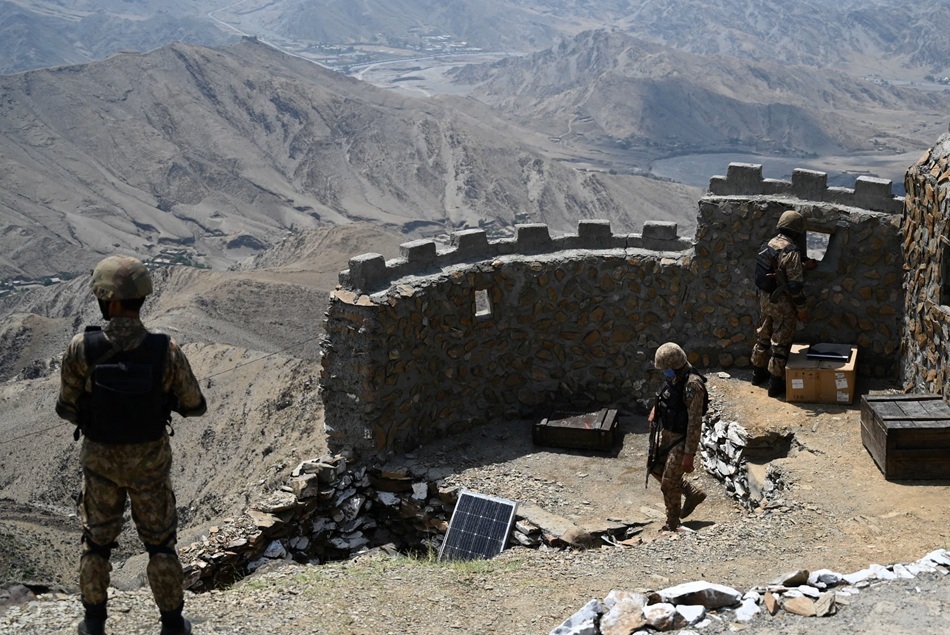Pakistan-Afghanistan Border Clashes After Airstrike on Kabul
TEHRAN (Defapress) - Heavy clashes broke out along the Pakistan-Afghanistan border last night after Taliban forces attacked Pakistani military posts. The tension occurred following Pakistani fighter jets’ attack on Kabul, a matter confirmed by security officials from both countries.

Senior Taliban officials from various Afghan provinces announced that their forces had launched armed attacks against Pakistani forces in response to Pakistani airstrikes and had captured two Pakistani border posts in the southern province of Helmand.
Pakistani security officials also confirmed the clashes at several border points and announced that they had responded forcefully. “Tonight, Taliban forces opened fire at several border points, and we responded with artillery in four border areas,” a Pakistani government official told the Guardian.
“We will not tolerate any aggression by the Taliban on our soil,” he added. Pakistani forces responded with heavy fire, and several Afghan border posts were targeted.
The Pakistani army has used artillery, tanks, and light and heavy weapons in the counterattacks.
On Thursday, two explosions were reported in Kabul and another in southeastern Afghanistan. The Taliban-controlled Ministry of Defense accused Pakistan of “violating Afghan sovereignty” in connection with the attacks.
The recent developments reflect the depth of tensions between the 2 countries. The increase in border attacks against Pakistani forces, Pakistan’s unusual and severe attacks on Afghanistan, and the Taliban’s reactions have created a critical situation, and the two neighboring countries are facing a very dangerous situation.
In response to the developments, Islamabad has refused to officially confirm or deny the airstrikes, while also calling on Kabul to stop harboring the Pakistani Taliban, a group that has killed hundreds of Pakistani soldiers since 2021 and is said to have received military training in Afghanistan and has ideological ties to the Afghan Taliban.
However, the Afghan Taliban lack the capacity to directly confront the Pakistani army and are likely to retreat once public anger subsides.
“We will take whatever action is necessary to protect the lives of the Pakistani people,” said Pakistani military spokesman General Ahmed Sharif Chaudhry, confirming reports of the attacks. He urged Afghanistan not to allow its soil to be used for terrorist acts against Pakistan.
Imtiaz Gul, a security analyst, said: “What we have witnessed in the past few hours is the logical outcome of the tensions that were building between the two countries. “Especially after the targeted attacks on Pakistani Taliban hideouts in Kabul and the Afghan Taliban’s continued refusal to take decisive action against the group, which is responsible for terrorist attacks in Pakistan.”
Relations between Afghanistan and Pakistan have been strained in recent months over Kabul’s sheltering of the Pakistani Taliban.
A key risk for Pakistan is that its recent attacks on Afghanistan could provoke the Pakistani Taliban to carry out retaliatory attacks, leading to more intense Pakistani operations in Afghanistan. In that case, the cycle would repeat itself, with no winners.
Afghanistan and Pakistan share a border of about 2,600 kilometers, known as the Durand Line, a mountainous and rugged region that has always been a site of border tensions.
